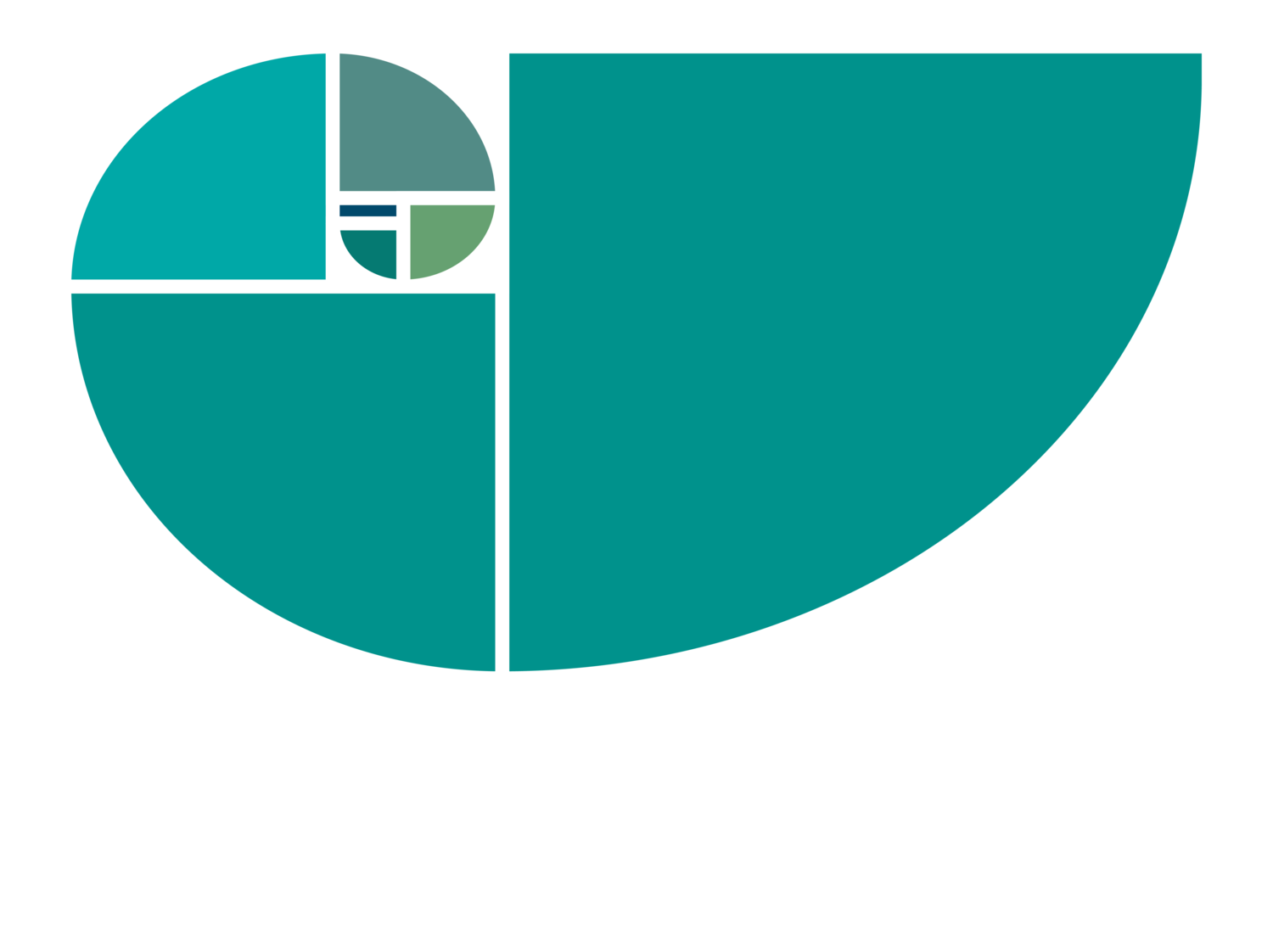"Look past your thoughts, so you may drink the pure nectar of This Moment." -Rumi
Our mind is a flow of energy and information. The quality of our thinking, the focus of our conversations, the repetitive nature of our complaints directly influence our ability to be mindful, present. Pulling us into the past or the future, they reduce our capacity to be effective at work and limit the quality of our lives.
There is a mainstream uptake in conversations about meditation and mindfulness. Mindfulness and meditation are now a $1.3 billion industry with a focus on wellness and self care to counteract increased anxiety and stress.
Mindfulness, defined as present-centered attention and awareness, emerged from Buddhist philosophy and has been cultivated for millennia through meditation practices. Now mindfulness is being brought into product design, stress reduction, decision making, military training, national health, humane technology, education and leadership.
Danielle Krettek, from Google’s R & D Empathy Lab, says that “It’s not about designing product. It’s about designing presence.” To design presence we need to find our path into mindfulness.
The path is laid out. Search online for “how to start a mindfulness practice” and there are 105,000,000 results. At the recent Wisdom 2.0 conference in San Francisco we heard about successful mindfulness trainings in companies as diverse as SAP, the US Forest Service, Google, and at Stanford. Peter Bostelmann, the Founder and Director of Global Mindfulness practice at SAP, the German based software and service provider, spoke about the hundreds of employees who have taken their mindfulness course and the over 800 on the waiting list.
The Benefits of Mindfulness are conclusive. In 2016 Science Daily published a study from Case Western Reserve University, “New management-based research concludes that mindfulness in the workplace improves employee focus, attention, and behavior.” Given that mindfulness training can improve how we think, feel, act, relate and perform at work and at home, how do we begin?
Begin a mindfulness practice. During morning meditation, on holiday or while walking in nature, let the breezes quiet your mind. Pay attention to your breath until a spacious feeling grows. Mindful of your thoughts, you can discover the present moment where, without effort or striving to be more, your simple, elegantly human presence feels calm, caring, reassuring and wise.
I experienced the difference mindfulness makes. Twenty years ago I was running a three-day off-site with a contentious group of department heads from a federal agency. As I noted something on the flip chart I turned my back to the group. A new voice entered the discussion. Resonant, peaceful, considered, Bob suggested a solution that addressed several of the key concerns. The group involuntarily paused. Several took a breath. They shifted to building on Bob’s proposal to reach an agreement. It felt like a miracle to me.
As it turned out, Bob enjoyed a daily Zen meditation practice and quarterly silent retreats. His effect on the group dynamics, the atmosphere in the room, and the quality of decision-making demonstrated the pragmatic results from mindfulness over the four years we worked together.
As mindful leaders we transform fear to possibility and folly into wisdom. We build a culture of trust, collaboration and mutual respect. Innovation thrives. We listen more, take feedback to heart and work on what we hear.
Research shows that stepping onto the path of mindfulness we personally benefit as we reduce stress, build self confidence and enhance our overall well being. How will you begin today?
SOURCE URLS
Danielle Krettek, Google Empathy Lab on why it’s time for businesses to reflect their humanity and match their EQ to their IQ
2016 Science Daily Case Western Reserve University study on mindfulness
Wisdom 2.0 Conference - www.wisdom2summit.com/ Gatherings for those passionate about living with greater mindfulness, meaning, and wisdom in our modern age.
Mindfulness - 3 Research based benefits of mindfulness in the workplace.

